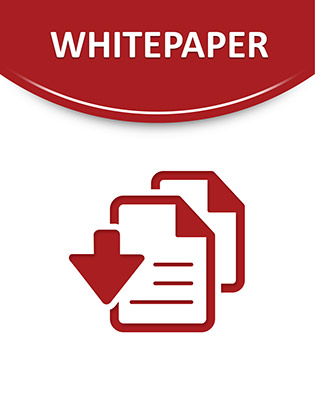Remote access and virtualization on the smartphone is a secure and efficient way to provide the mobile workforce access to robust applications and desktop features.
Providing users remote or virtual access to line-of-business applications, files, sensitive corporate data, etc., effectively widens the distance between end users and applications. This managed distancing of users from applications yields greater security, aids in compliance and continuity issues, and provides better access to Web services while giving users a more flexible experience that is truly mobile. Other benefits of remote access and virtualization include:
- Data Loss Protection: Since data resides on the cloud and not on the smartphone, there is a reduced risk of lost or compromised data.
- Security: All interaction is over VPN behind a firewall and controlled by managed policies and procedures. This reduces the chance of introducing viruses or otherwise compromising the network.
- Robust Applications: In a remote or virtualized setting, most of the "heavy lifting" is done on the server end allowing the use of applications that currently may be too taxing for smartphone CPUs. There is no need to "mobilize" existing applications to enable smartphone-compatible versions.
- Reduce the Need for Other Deployed Devices: With current smartphone capabilities partnered with a remote or virtualized environment, many users find they can reduce or eliminate the need to carry a laptop, Netbook or UMPC depending on the needed application set and environment.
- Continuity: Use the same business processes as you do today without revamping. Virtualized applications may be accessed by a variety of web-enabled devices providing a consistent and device agnostic user experience.
- Vendor:
- Celio Corp / REDFLY Mobile Companion
- Posted:
- Feb 8, 2021
- Published:
- Aug 29, 2008
- Format:
- PDF
- Type:
- White Paper

